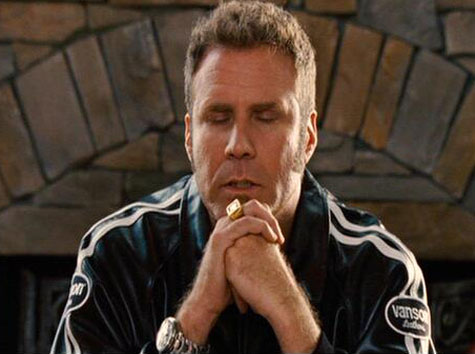 With the nomination of Judge Sonia Sotomayor to the Supreme Court, I'm seriously stoked. Who'd have thought my 200-to-one bet would come in? I mean, dang. I had to argue a bit with my bookie about her cat's name, but Puddles Q. Puddleton still counts.
With the nomination of Judge Sonia Sotomayor to the Supreme Court, I'm seriously stoked. Who'd have thought my 200-to-one bet would come in? I mean, dang. I had to argue a bit with my bookie about her cat's name, but Puddles Q. Puddleton still counts.Given this potential new addition to the Supremes, there's a great deal of chatter in the media and the blogosphere about the role of diversity on the court. The whole event is highly charged, crackling with allegations on both sides of racial bias. Racism is, in the strange spin calculus of America's binary political system, the primary charge being leveled against Sotomayor by her opponents. Given the rather tenuous and troubled linkage between the conservative movement and Latino culture, this seems a rather foolish approach. The most effective counterspin seems pretty straightforward: "So she's proud of her culture and her heritage, and that makes her racist? Being proud to be a Latina makes you racist?" I guess the Latina vote in Florida and Texas just aren't important any more. The GOP seems so deafened by the din in it's increasingly small echo-chamber that it's walking right into that one.
The charges that she's an "intellectual lightweight" aren't going to help them much either. So...she's a Latina, ergo she could only have gotten where she is with the help of bleeding heart liberals, ergo she must be una muchacha estúpida. Again, I'm not sure that conservatives grasp the whole concept of getting la gente to vote for your candidates.
The piece that most interests me in this whole media maelstrom, though, is the rather odd spin this puts on the religious makeup of the Court. If Sotomayor is confirmed, the Supreme Court will have a Catholic supermajority. Of the nine justices, six will be Catholic, two Jewish, and one Protestant. This little oddment hasn't really made it past the radar of the faith-blogosphere into the broader media, but it's interesting. There was a time when the idea of having a Catholic in a position of leadership was a radical thing. Now, people seem utterly unphased by the idea that one of the three branches of government...the one in which people have lifelong appointments....is two-thirds Catholic in a nation that is majority Protestant.
As my tinfoil hat is quite effective in keeping the transmissions from the Illuminati at bay, I don't worry too much about some great Catholic conspiracy to take over the nation. What I do find myself wondering is what factors have lead to this seemingly random and utterly disproportionate weighting.
This seems mostly a construct of interesting dynamics within the conservative movement. Given that two of the last three administrations have been conservative, and that the conservative wing of the Court (Roberts/Scalia/Alito/Thomas) is entirely Catholic, I find myself wondering: is there something about conservative Protestants that makes them steer away from careers in law and government?
In stark contrast to the vigorous intellectual life that is encouraged in certain quarters of the Catholic church and Catholic systems of education, the American evangelical movement has been typically charged with a strong anti-intellectualism, favoring instead an emotive approach to faith. I'm not sure that this is all that is at work here, as within fundamentalism in particular the life of the mind can be surprisingly active. It is constrained within presuppositions about Biblical inerrancy, sure. But it's amazing how much intellectual capital one can expend defending that worldview.
What I think is more significant is the conservative Protestant understanding of the role of the state. Moving in step with cultural conservatism, the evangelical movement has woven into itself a deep distrust of government and the federal government in particular. This doesn't mean that evangelical Conservative Protestants are averse to practicing law. Some of the most intensely fundamentalist souls I've interacted with have been lawyers. Folks who get off on the structures of the law can find the legalism of a literalist faith deeply affirming. Even Jesus noted that tendency on occasion.
But given the deep distrust of government that defines Protestant conservatism, finding evangelicals whose calling is to federal civil service might be something of a challenge.




















